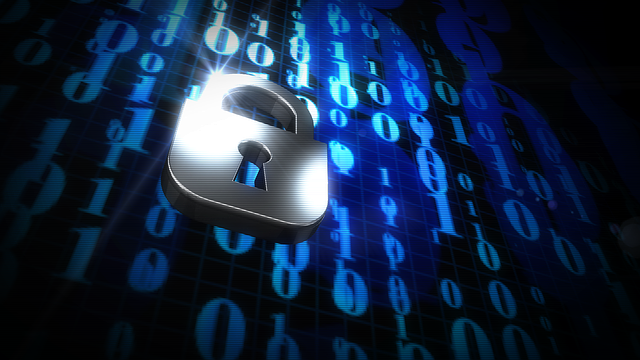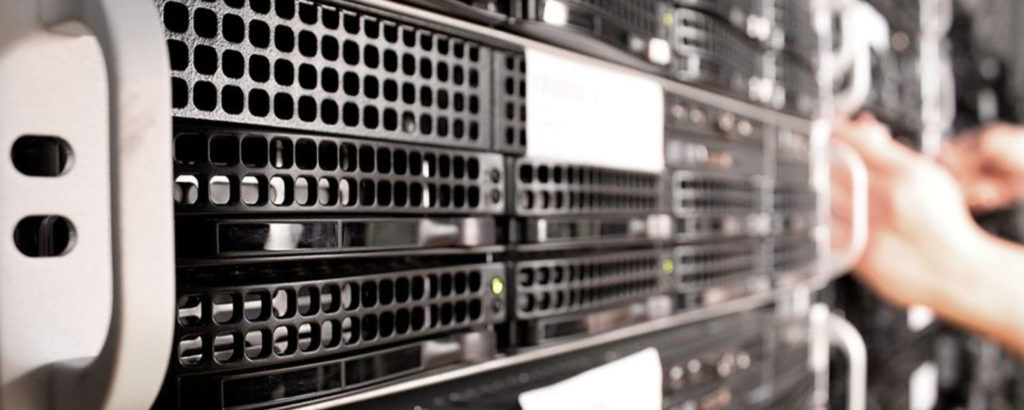With the ever-increasing boom of cloud computing, more organizations and non-IT industries are shifting to the cloud every day. According to a recent survey by IDG, around 92% of organization’s IT environments have a presence in the cloud environment. In such a scenario, developers and IT professionals working in the cloud have more responsibility to ensure that the applications, data, processes, and everything else connected with the cloud are secure and intact while assuring that their services are reliable. For this, IT professionals are on the constant lookout to advance their learning and gain skills. Cloud security certifications provide a good way for these professionals to demonstrate their knowledge and expertise. Here is the list of the popular cloud security certifications to help IT professionals to upskill themselves and get advanced certifications in cloud security.

1. AWS Certified Security – Specialty
AWS provides several certifications related to cloud technology, and AWS Certified Security – Speciality is one of the best cloud security certifications related to AWS cloud security.
For this certification, the candidate is recommended to have at least two years of hands-on experience in AWS workloads security. Candidates with a minimum of five years of IT security experience in security solutions designing and implementation or knowledge of security controls for AWS workloads are also eligible for this certification.
This course covers all of the major areas of AWS security and associated services, including the basics: security of AWS, AWS security products use-methods, securing AWS services, identity, and access management, compliance, incident management, and troubleshooting.
This certification tests the overall knowledge of specialized data classifications, AWS data protection mechanisms, and AWS security services and their features to provide a secure production environment. It also offers knowledge of data encryption methods, security operations, and risks. It also helps candidates understand the tradeoff decisions concerning cost, security, and deployment complexity in a given set of application requirements.
There is a maximum of 65 multiple-choice or multiple response questions. The time limit for the exam is 170 minutes. The cost of the examination is $300 (practice exam: $40).
2. (ISC)2 Certified Cloud Security Professional (CCSP)

(ISC)2’s Certified Cloud Security Professional (CCSP) is a well-known and established cloud security certification. It offers various security aspects that cover a broad range of cloud-related topics, from cloud application security to cloud platform security.
To become CCSP certified — besides passing the exam — candidates must have a minimum of five years of paid work experience. At least three years of experience should be in information security, and one year must be in one or more of the security domains included in the CCSP Common Body of Knowledge (CBK). These security domains include cloud concepts, architecture and design, cloud data security, cloud platform & infrastructure security, cloud application security, cloud security operations, and legal, risk and compliance.
The CCSP certification tests candidates for the advanced technical skills and knowledge to design, manage, and secure data, applications, and infrastructure in the cloud. It also checks the knowledge regarding the best practices, policies, and procedures established by the cybersecurity experts at ISC2. This cloud security knowledge can be used across different cloud platforms efficiently to protect sensitive data in a global environment.
This is one of the toughest exams, with 125 multiple choice-based questions. The cost of the examination is $459.
3. CSA Certificate of Cloud Security Knowledge

The Cloud Security Alliance’s (CSA) Certificate of Cloud Security Knowledge (CCSK) focuses on providing vendor-agnostic knowledge about securing data in the cloud. CCSK acts as the foundation for other advanced learning such as the Certificate of Cloud Auditing Knowledge (CCAK), CCM (Cloud Controls Matrix), and the STAR (Security Trust Assurance Registry).
In CCSK, there are no experience or prerequisites requirements, and there are no books or training courses required. The study material for CCSK is sourced from the CSA Cloud Security Guidance v4, the CSA Cloud Controls Matrix, and the EU Agency for Cybersecurity Cloud Computing Risk Assessment report. It is also available on the Internet for free.
CCSK certification will help candidates validate their knowledge of the fundamental aspects of the CSA guidance, working knowledge of the CSA Cloud Controls Matrix, and an in-depth understanding of cloud architecture, infrastructure, and knowledge of ENISA. It also ensures that candidates have the ability and skills to configure security and virtual networks, monitor MFA and basic accounts, and implement baseline controls.
The exam is an individual certification, and candidates can either prepare for the online exam by themselves or enroll in their comprehensive training. There are a total of 60 questions, with the time limit being 90 minutes. The cost of the examination is $395.
4. GIAC Cloud Security Automation
GIAC Cloud Security Automation (GCSA) certification is a cybersecurity certification specifically designed for analysts, developers, and engineers working to secure cloud and DevOps environments.
It is based on SANS Institute’s in-person or online SEC540: Cloud Security and DevOps Automation course. The course covers microservice security, cloud security fundamentals, cloud security monitoring, compliance as code, and configuration management as code. The course includes container security, continuous security monitoring, data protection, secrets management, deployment orchestration, and secure content delivery. There are no prerequisites for this certification.
GCSA covers modern DevSecOps practices that are utilized to build, design and deploy cloud systems reliably. It validates that cloud security automation can be put into theory as well as practice. It encompasses topics such as automation of configuration management, continuous integration, continuous delivery, continuous monitoring. In addition, it checks for the skills and knowledge around the use of open-source tools, the AWS toolchain, and Azure services.
It is a web-based proctored exam that can be purchased by itself or at a discounted rate in conjunction with the SANS training. The exam has 75 questions with a time limit of 120 minutes. The exam can be taken either in a remote location proctored through ProctorU or onsite proctoring by PearsonVUE. The cost of the examination is $2,499 (varies).
5. CompTIA Cloud Essentials+ and Cloud+
CompTIA offers two certifications — Cloud Essentials+ and Cloud+ — that cover cloud security topics. Cloud Essentials+ is focused on cloud business decision-making, while Cloud+ is more about technical cloud implementation. Both are internationally recognized and vendor-neutral certifications.
The entry-level Cloud Essentials+ certification is geared toward specific cloud security concerns, security measures, risk management, incident response, and compliance.
This certification requires six months to one year of IT business analyst experience, along with some cloud technology experience. For more in-depth Cloud+ certification, two to three years of system administration experience is recommended. This certification covers the implementation of appropriate security controls and security issues troubleshooting in the cloud.
CompTIA Cloud+ is a performance-based certification that validates the skills/knowledge required to design, maintain, and optimize cloud infrastructure services. It helps candidates gain a diverse set of knowledge, skills, and abilities required by system administrators to scrutinize what is needed to administer correctly in cloud cybersecurity jobs. It expects a minimum of 2-3 years of experience in system administration.
In the Cloud Essentials+ exam, there is a maximum of 75 multiple-choice questions. The time limit for the test is 60 minutes and the passing score is 720 (on a scale of 100-900). The cost of the examination is $126-$349 (varies).
In the CompTIA Cloud+ exam, there is a maximum of 90 multiple-choice questions. The time limit for the test is 90 minutes and the passing score is 750 (on a scale of 100-900). The cost of the examination is $338-$999 (varies). For both exams, there is an onsite proctoring system with PearsonVUE and the certification validity is three years.
Also consider these other certifications
Besides the above-mentioned certifications, there are several other additional cloud certifications available. These include AWS Certified SysOps Administrator, EXIN Certified Integrator Secure Cloud Services, Mile2 Certified Cloud Security Officer (C)CSO), Arcitura Certified Cloud Security Specialist, and more. These certification courses are ideal for computer science professionals, security consultants, enterprise architects, systems engineers, security administrators, security managers, and security engineers. With these certifications, you can grow a career in the field of cloud security with high-level knowledge and advanced technical skills to design, manage, and secure applications, data, and infrastructure in the cloud and accelerate your journey toward becoming a trusted cloud security specialist.
Featured image: Shutterstock



